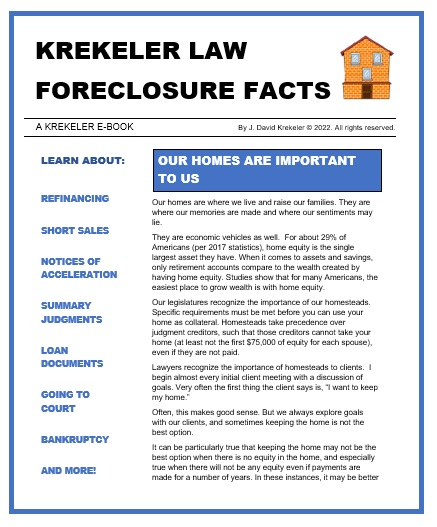- How can you tell if your debt is out of control?
There are various signs that a person has too much debt. These indicators include the following:
- You don’t know the balances on your accounts.
- You have made minimum payments for three or more successive months. This signals an inability to reduce the outstanding balance and likely will result in a repayment term of 15 years or more.
- You have been at or above your credit limit for three or more consecutive months. As with minimum payments, this evidences an inability to reduce the balance.
- You have repeatedly made late payments, and not simply because you forgot. Needing to use your monies for other purposes, such as rent or mortgage payments, or car loans, or any other purpose, means you do not have enough money for the debt service.
- You are using your credit cards or cash advances to make your minimum debt payments. It does not matter whether the other monies are coming from credit cards or personal loans, payday loans or auto title loans, borrowing from Peter to pay Paul will eventually result in a problem.
- You are considering a debt consolidation plan with payments which will extend for five or more years. This is generally too long a term to repay the debt. A lot can happen over 5 years to disrupt your plans. Such a long term repayment plan is a clear sign of trouble.
- You are stressed. Financial pressures are stressful, of course, but there are options for dealing with credit card debt. Letting your health be affected is not a sign you want to see.
- You see your debt mounting: What are the steps you should take immediately?
First, determine the source of the problem. The solution will vary depending upon the cause. Grappling with unemployment is far different than dealing with a large medical bill. Both of these are different from gambling or substance addiction, or even simply excessive consumer spending.
Once the cause is determined, design a plan to fix the problem. Professional help may be necessary for addictions or compulsive buying. Medical bills and other debts can be negotiated. Some people benefit from having automatic payroll deductions so that they cannot spend everything they earn. Bankruptcy is an option for clearing debt, but will not generate additional income going forward.
- What are some long-term steps you should take?
- Set a budget and stick to it. Buy only what you can afford without credit.
- Pay yourself first. Have at least a small amount of money deducted from your pay and placed in a savings account. Keep your savings account at a different institution than your checking account.
- Contribute to your employer’s 401(k) or other retirement plan. The money is taken out before you ever get it, and you will likely receive tax benefits as well. Even better, many employers match some or all of your contribution with one of their own.
- Pay with cash whenever you can. If you must use credit, pay on time to avoid interest and late charges.
- Reconcile your checkbook monthly. Know your account balance and avoid bank overdraft charges.
- Get information. Many people feel bad about carrying debt and not being able to pay it. They may be embarrassed or even depressed. A financial problem-solver can help by providing the knowledge necessary to deal with the problem. A consumer credit counseling service is a good source of information and advice. Avoid debt consolidators if at all possible. Far too many are ineffective, or even worse, in business only to take your money.
Another good source of advice is an attorney who specializes in solving financial problems. Do not rely upon lawyer advertising for such a referral. Ask your accountant, banker, or another lawyer for a good referral. You do not necessarily need a bankruptcy lawyer, but you need one familiar with bankruptcy so you get an assessment of all options for solving your financial problems.
- Why is it important to take action as soon as you see your debt mounting?
You have more options available the earlier you deal with debt issues. Many of my clients have already exhausted their savings and even their retirement accounts before they see me. I could have protected those assets for them.
Delay may result in creditors taking more harsh actions. Those actions in turn may be worse for you. Lawsuits and judgments are certainly worse than dunning letters. Garnishments and levies are worse still.
- What to do if you have waited too long and your debt is out of control.
Learn your options and get advice to help you decide which is best for your particular situation, and do not let pride or vanity get in the way of doing what is best for you and your family.
Some states, such as Wisconsin, offer wage earners an option to repay debt over a period of years, without interest. This can result in substantial savings and enable debtors to pay their debts in a manner they can afford.
Do not give up and do not be afraid. Financial problems are almost always capable of being resolved. Many people fear bankruptcy, but usually because they do not understand it.
While not the right tool for all, bankruptcy can eliminate debts and provide a fresh start for honest debtors. The founding fathers thought so highly of bankruptcy that they placed its provision in Article I of our Constitution.
I have been solving financial problems for over 30 years and do not believe I have ever had a client who could not be helped. Please let us know if you have any questions or if we can help you.

